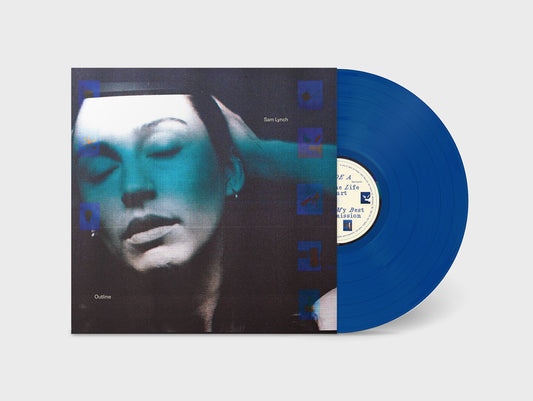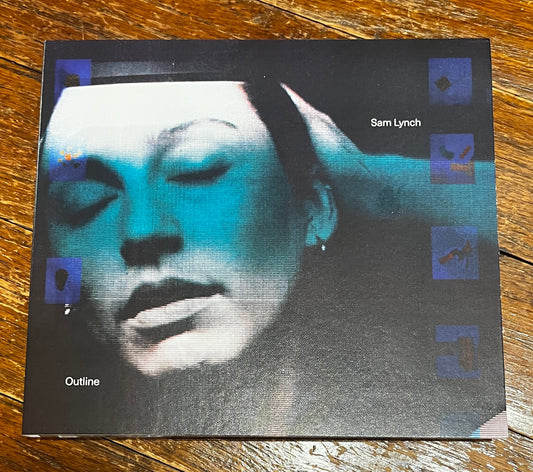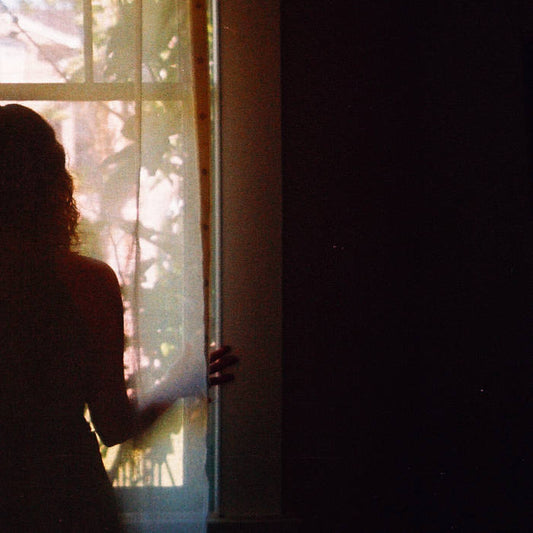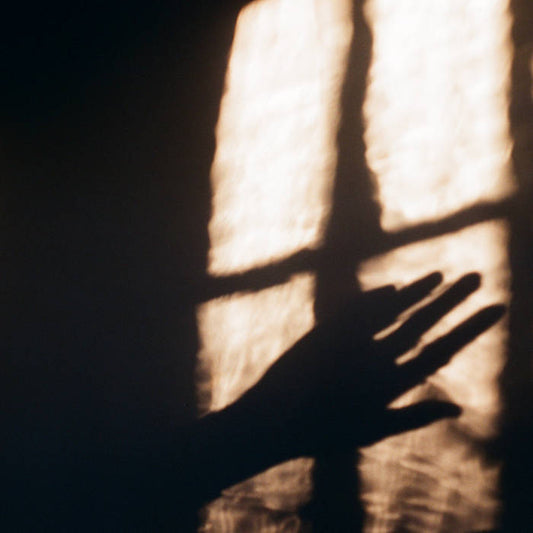Sam Lynch is a Vancouver based singer-songwriter and musician, who makes wallflower hush-rock songs that will stare you down and slow your breathing.
Since the release of her 2017 single “Mess You Made” and 2018 EP “Light and Lines”, Lynch has been gathering a dedicated audience by way of her confessional songwriting and emotionally evocative live performances. After a busy couple years of domestic and international touring—opening for Andy Shauf, Noah Gunderson, Alice Phoebe-Lou, Mother Mother, and more—Lynch partnered with Montreal-based producer Samuel Woywitka to begin work on her first full-length studio record.
Little Disappearance is Sam Lynch’s debut studio album, released October 2020 on Winnipeg label Birthday Cake. Featuring the work of some of North America’s most brilliant creatives—Dylan Phillips and Isaac Symonds (Half Moon Run), Leif Vollebekk, Robbie Lackritz (Feist, Bahamas), amongst many others—the collection of songs paints a lush sonic landscape where self-reflective lyrics and cathartic musical flourishes collide. The album was written and recorded over the period of a year and a half, from both Lynch’s basement home studio, and world-renowned studios in Montreal and Vancouver. The songs swell and recede, as percussive guitar, expansive strings, sparse piano, and whisper-close vocals invite listeners to observe Lynch’s most introspective moments, and inevitably turn the mirror on themselves.
In the widest sense, Little Disappearance circles around various forms of loss—loss of self, loss of memory, loss of time and youth; the endless cycle of losing your footing, and searching for something steady to hold on to. Throughout the record, Lynch oscillates between universality and specificity, moments of questioning and glimmers of hope, all while making peace with the fleeting and impermanent nature of life—as she sings on “Keeping Time”: ”It’s true/I know the moon isn’t there for me to hold on to”.
While the act of disappearing is often equated with vanishing or ceasing to exist, Lynch views it more as a process of making space, particularly regarding this record, which she says holds “a dissolving resentment, a release, a fading memory, a changing reflection; a little disappearance.”






